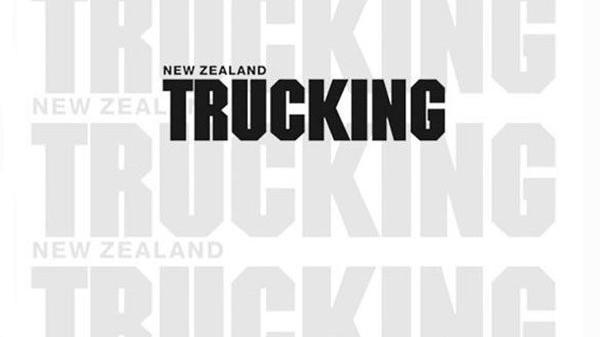
Recently, comments have been made about the rapid growth of Artificial Intelligence. Depending on the commentator, some have been supportive, others negative. I suggest that any form of intelligence, genuine or artificial, is sorely needed in government cycles in this country. Be it at local or national level, AI cannot do much more damage to our society than we are currently seeing.
A recent story about an upgrade to Wellington’s primary bus interchange by the Railway Station is proof positive. The upgrade included replacing seating under the cover of a veranda. The seating has been moved outwards, so when it rains, the seats get wet along with anybody who cares to sit on them. The reason for this change was to give people walking through the interchange more space to walk. Perhaps whoever did this has yet to learn that it sometimes rains in Wellington. But as it only cost $4 million, it’s only a drop in the bucket towards making the city more liveable (so the spin says).
Also, in Wellington, there was the story of the falling streetlights. About five years ago, the council replaced 17,000 old streetlights with LED ones. So far, so good. However, the person in charge decided that the glare from the new lights might encroach into houses and designed a casting that would allow the lights to be angled away. This was good in theory, but it seems this person did not factor in that it occasionally gets a little windy in Wellington. Not long after the lights were installed, some started to droop, and a few fell off, attributed to the failure of the casting.
This was reported to the council, but it took a couple of years for somebody to decide there might be a problem. Now the council intends to replace all the lights at an estimated cost of $6 million. We are told, though, that there is no safety issue as, according to one person from the council, a copper wire runs through the light fitting, which should prevent any lights from falling. If this is so, how come at least 17 have fallen to the ground? The council has apologised, so all is well. Where is WorkSafe when you need it?
Then we read that government officials are standing by a wallaby-control programme in Central Otago that has taken more than 26,000 hours of work, cost $2.6 million and killed 18 wallabies, a cost of $153,000 for each wallaby killed. Officials claim it is not wasted money. I wonder how many potholes could have been fixed for that many hours’ work and cost?
Speaking of potholes, in reply to a question from Simeon Brown, the National Party spokesperson on transport, NZTA reported repairing 54,160 potholes on the state highway network during the 2022 calendar year, the highest number in the Waikato with 10,878 repaired. One must wonder how many potholes existed before this and how many more were added during the year. And who knew that NZTA has a pothole counter in their ranks? From what I read and see, the impact of this ‘outstanding effort’ has been minimal. Perhaps we need more pothole counters?
As I said at the top, any form of intelligence in our public service would be welcome – be it real or artificial.
Read more
Wielding the razor
0 Comments3 Minutes
What way are we heading?
0 Comments6 Minutes


